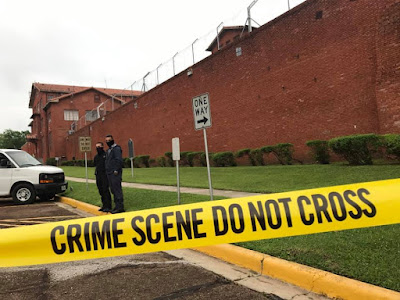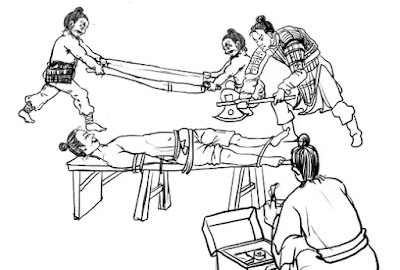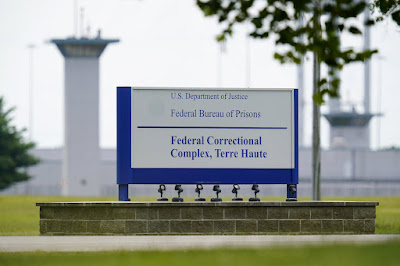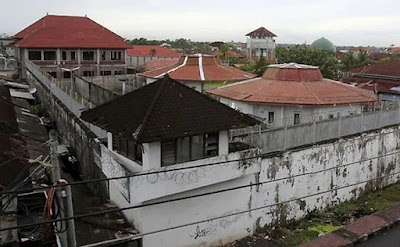Proposed extradition treaty with China still leaves some unnerved
Chinese state media call it the "fox hunt," the operation to catch and return Chinese citizens suspected of corruption who flee the country.
The "fox hunt" is perhaps the most wide-ranging part of China's attempt to bring home citizens from other countries to face charges in their homeland.
The Chinese Public Security Ministry says over 850 fugitives were returned last year, mostly from South-East Asia.
Chinese authorities say the United States, Canada and Australia are actually the most popular destinations for Chinese criminals on the run.
But Australia might not be for much longer.
Last week, the Australian government began the legislative process to ratify a controversial, long-stalled extradition treaty with China.
University of New South Wales international law professor Andrew Byrnes says, up to now, extradition to China has only been allowed for a limited number of crimes.
They all fell under specific UN conventions.
"What this treaty does is that it brings a major change, because what it means is that any act which is a criminal offence in both countries and carries a minimum term of imprisonment of 12 months or more - so it means everything from murder to fraud to corruption, a whole range of criminal offences - will now be extraditable to mainland China."
The extradition treaty was signed under Prime Minister John Howard in 2007, but it has never been ratified.
Before it can enter into force, the government must pass regulations through both houses of parliament.
Last Thursday, the Government tabled the regulations in the lower house.
Professor Byrnes says he and many others in the Australian legal community - which includes the Law Council of Australia - have serious concerns about the treaty.
"Now the concern around the China treaty is really twofold. The first is, of course, that the Chinese legal system, in many respects, falls a long way short of the accepted international fair trial standards. So there is a general concern about the Chinese legal system, and, normally, when we deal with those sorts of situations, we don't enter into extradition treaties to countries where we have real concerns."
Under the treaty, the Australian government can refuse extradition, such as in cases of political persecution or when the person faces the death penalty.
But Professor Byrnes says the government may find it difficult to refuse Chinese requests because of diplomatic pressure.
In Canberra, the Attorney-General's Department says in a statement that every extradition request would be considered on a case-by-case basis.
"The treaty contains a range of human-rights safeguards which must be satisfied before a person can be extradited. Australia would consider extradition requests under this treaty on a case-by-case basis and in line with the safeguards in the Extradition Act and the treaty. Successive Australian governments have given effect to international crime cooperation arrangements, including extradition treaties, to ensure criminals cannot evade justice by simply crossing borders."
Last year, the Joint Standing Committee on Treaties delivered several recommendations for strengthening the legal and human rights safeguards in the treaty.
The Government has adopted some, but not all, of those recommendations.
It is not yet clear whether the regulations required for the treaty will get through parliament.
The Labor members of the committee released a dissenting report, saying deficiencies in the treaty raised concerns.
Opposition legal affairs spokesman Mark Dreyfus says the party is yet to decide how it will vote.
Melbourne barrister Guy Gilbert, who has been working in extradition law for about 20 years, says he is not convinced the safeguards in the treaty are strong enough.
"Australia has a large number of extradition treaties with a variety of countries that, from time to time, one might say have a poor human rights record or poor judicial system. So it's not to say that every other country that Australia has an extradition treaty with has a perfect record. But I think that many people think that, until the judicial system in China becomes much more transparent and a fairer system, then it is dangerous to enter into a treaty such as this."
Source: SBS, Jarni Blakkarly, March 7, 2017
⚑ | Report an error, an omission, a typo; suggest a story or a new angle to an existing story; submit a piece, a comment; recommend a resource; contact the webmaster, contact us:
deathpenaltynews@gmail.com.
Opposed to Capital Punishment? Help us keep this blog up and running! DONATE!
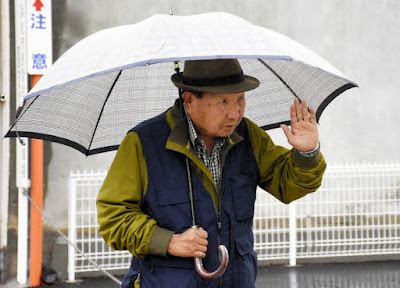



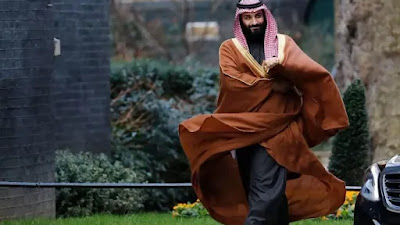
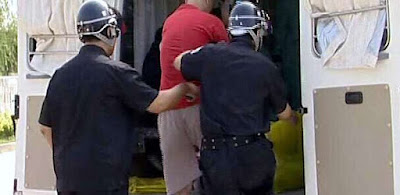
.jpg)
